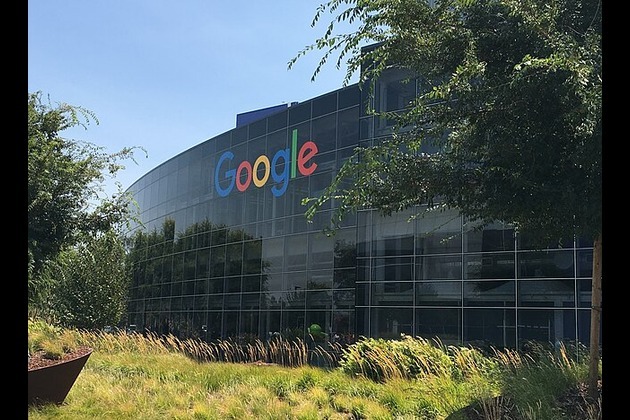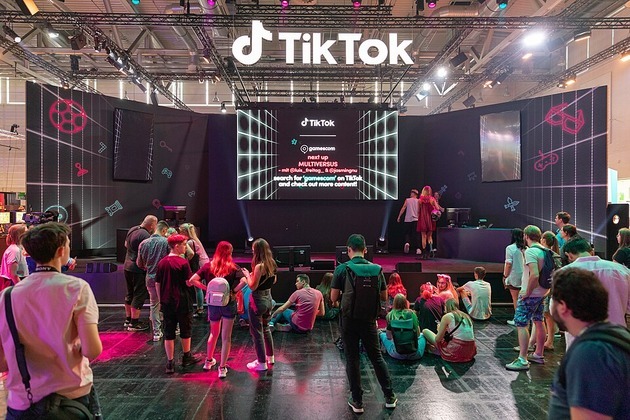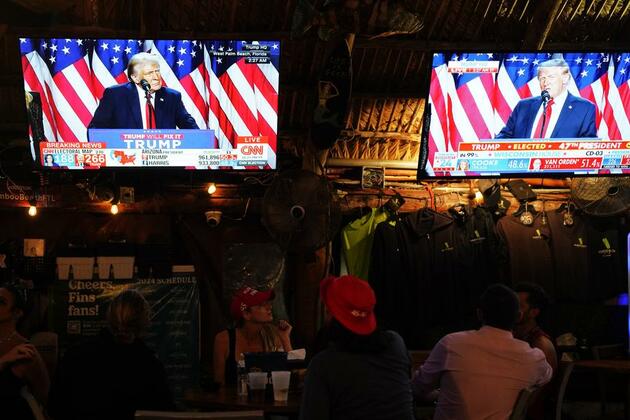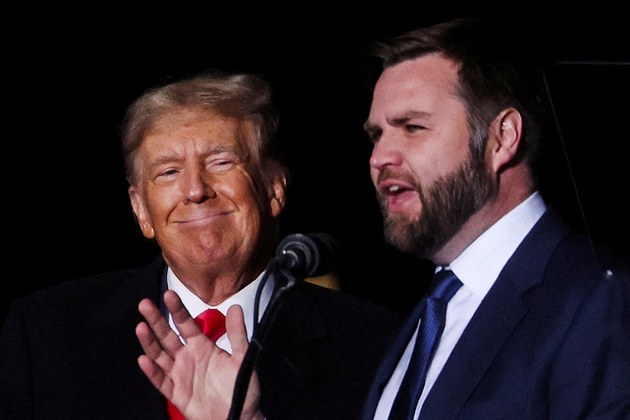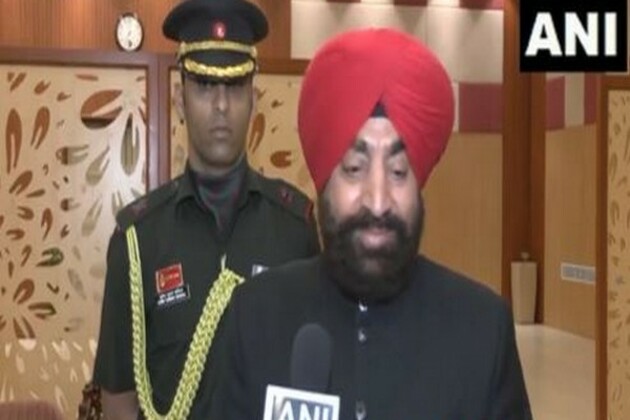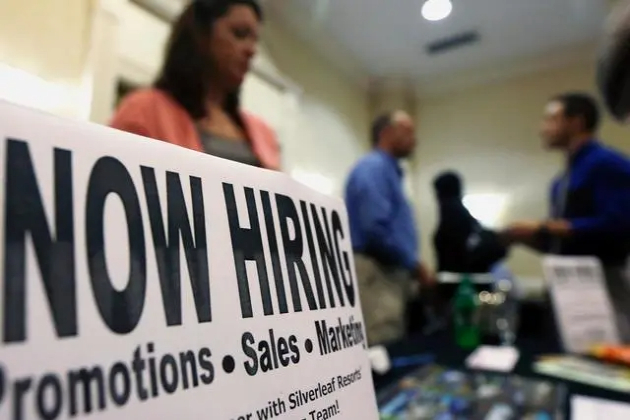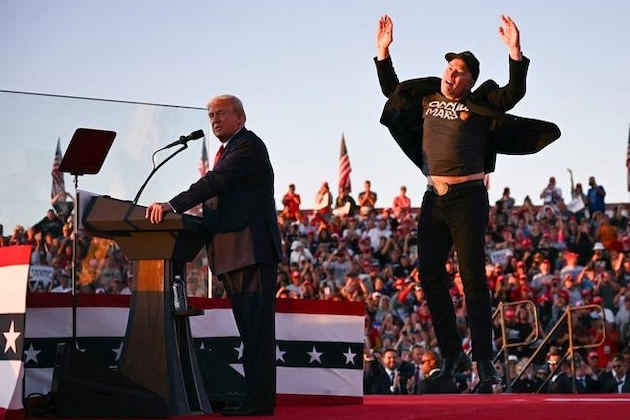How many satellites are orbiting Earth?
The Conversation
17 Sep 2021, 18:09 GMT+10
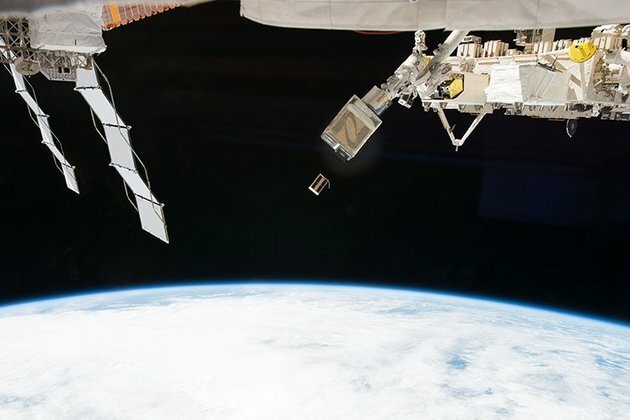
It seems like every week, another rocket is launched into space carrying rovers to Mars, tourists or, most commonly, satellites. The idea that "space is getting crowded" has been around for a few years now, but just how crowded is it? And how crowded is it going to get?
I am a professor of physics and director of the Center for Space Science and Technology at the University of Massachusetts, Lowell. Many satellites that were put into orbit have gone dead and burned up in the atmosphere, but thousands remain. Groups that track satellite launches don't always report the same exact numbers, but the overall trend is clear - and astounding.
Since the Soviet Union launched Sputnik - the first human-made satellite - in 1957, humanity has steadily been putting more and more objects into orbit every year. Over the the second half of the 20th century, there was a slow but steady growth, with roughly 60 to 100 satellites launched yearly until the early 2010s.
But since then, the pace has been increasing dramatically.
By 2020, 114 launches carried around 1,300 satellites to space, surpassing the 1,000 new satellites per year mark for the first time. But no year in the past compares to 2021. As of Sept. 16, roughly 1,400 new satellites have already begun circling the Earth, and that will only increase as the year goes on. Just this week, SpaceX deployed another 51 Starlink satellites into orbit.
Small satellites, easy access to orbit
There are two main reasons for this exponential growth. First, it has never been easier to get a satellite into space. For example, on Aug. 29, 2021, a SpaceX rocket carried several satellites - including one built by my students - to the International Space Station. On Oct. 11, 2021, these satellites will deploy into orbit, and the number of satellites will increase again.
The second reason is that rockets can carry more satellites more easily - and cheaply - than ever before. This increase isn't due to rockets getting more powerful. Rather, satellites have gotten smaller thanks to the electronics revolution. The vast majority - 94% - of all spacecraft launched in 2020 were smallsats - satellites that weigh less than around 1,320 pounds (600 kilograms).
The majority of these satellites are used for observing Earth or for communications and internet. With a goal of bringing the internet to underserved areas of the globe, two private companies, Starlink by SpaceX and OneWeb together launched almost 1,000 smallsats in 2020 alone. They are each planning to launch more than 40,000 satellites in the coming years to create what are called "mega-constellations" in low-Earth orbit.
Several other companies are eyeing this US$1 trillion market, most notably Amazon with its Project Kuiper .
A crowded sky
With the huge growth in satellites, fears of a crowded sky are starting to come true. A day after SpaceX launched its first 60 Starlink satellites, astronomers began to see them blocking out the stars. While the impact on visible astronomy is easy to understand, radio astronomers fear they may lose 70% sensitivity in certain frequencies due to interference from satellite megaconstellations like Starlink.
Experts have been studying and discussing the potential problems posed by these constellations and ways the satellite companies could address them . These include reducing the number and brightness of satellites, sharing their location and supporting better image-processing software.
As low-Earth orbit gets crowded, concern about space debris increases, as does a real possibility of collisions.
Future trends
Less than 10 years ago, the democratization of space was a goal yet to be realized. Now, with student projects on the Space Station and more than 105 countries having at least one satellite in space, one could argue that that goal is within reach.
Every disruptive technological advancement requires updates to the rules - or the creation of new ones. SpaceX has tested ways to lower the impact of Starlink constellations, and Amazon has disclosed plans to de-orbit their satellites within 355 days after mission completion. These and other actions by different stakeholders make me hopeful that commerce, science and human endeavors will find sustainable solutions to this potential crisis.
[The Conversation's science, health and technology editors pick their favorite stories. Weekly on Wednesdays.]
Author: Supriya Chakrabarti - Professor of Physics, University of Massachusetts Lowell 
 Share
Share
 Tweet
Tweet
 Share
Share
 Flip
Flip
 Email
Email
Watch latest videos
Subscribe and Follow
Get a daily dose of Beijing Bulletin news through our daily email, its complimentary and keeps you fully up to date with world and business news as well.
News RELEASES
Publish news of your business, community or sports group, personnel appointments, major event and more by submitting a news release to Beijing Bulletin.
More InformationTechnology
SectionShareholder deal forces Google to revamp compliance for $500M
MOUNTAIN VIEW, California: To settle a major shareholder lawsuit, Google is writing a US$500 million check — not for damages, but to...
TikTok asks Ireland High Court to halt data ban to China
DUBLIN, Ireland: TikTok is asking the High Court to stop a decision that could block the transfer of user data to China within six...
Russia and Global South shaping multipolar digital future
Tech forum delegates have discussed joint efforts on trade, AI, cybersecurity, and innovation with RT Russia and the Global South...
Xinhua Headlines: Bromance ends -- Trump-Musk feud over tax-cut bill explodes into public view
* As for Trump's post saying Musk wearing thin and going crazy, Musk described the post as Such an obvious lie. So sad. * Following...
"Proud to stand beside him": JD Vance backs Donald Trump amid controversy
Washington DC [US], June 6 (ANI): US Vice President JD Vance has extended support to US President Donald Trump amid the public breakdown....
Uttarakhand Governor approves formation of strategic advisory committee
Dehradun (Uttarakhand) [India], June 6 (ANI): The Governor of Uttarakhand has given approval for the formation of a Strategic Advisory...
Business
SectionStrong economic data drives U.S. stocks higher
NEW YORK, New York - U.S. stocks rose appreciably Friday following the release of a strong jobs report which sent the U.S. dollar higher,...
US Job openings rise, but layoffs and tariff fears cloud outlook
WASHINGTON, D.C. America's job market is starting to lose momentum. In April, job openings rose — but so did layoffs, marking their...
Ireland sees 11% drop in social media sector jobs
DUBLIN, Ireland: Digital Business Ireland (DBI) has asked the Government to do more to help Ireland's digital and tech sector. This...
Akio Toyoda’s real estate firm to buy Toyota industries
TOKYO, Japan: Toyota has announced that it will take one of its key group suppliers, Toyota Industries, private in a deal worth UD$26...
U.S. stock markets slip after Tesla dives more than 14 percent
NEW YORK, New York - U.S. stocks fell Thursday after the feud between U.S. President Donald Trump and his biggest backer Elon Musk...
Wage boost in Australia as inflation falls and economy stabilizes
SYDNEY, Australia: Australia's independent wage-setting body, the Fair Work Commission (FWC), has announced a 3.5 percent increase...

